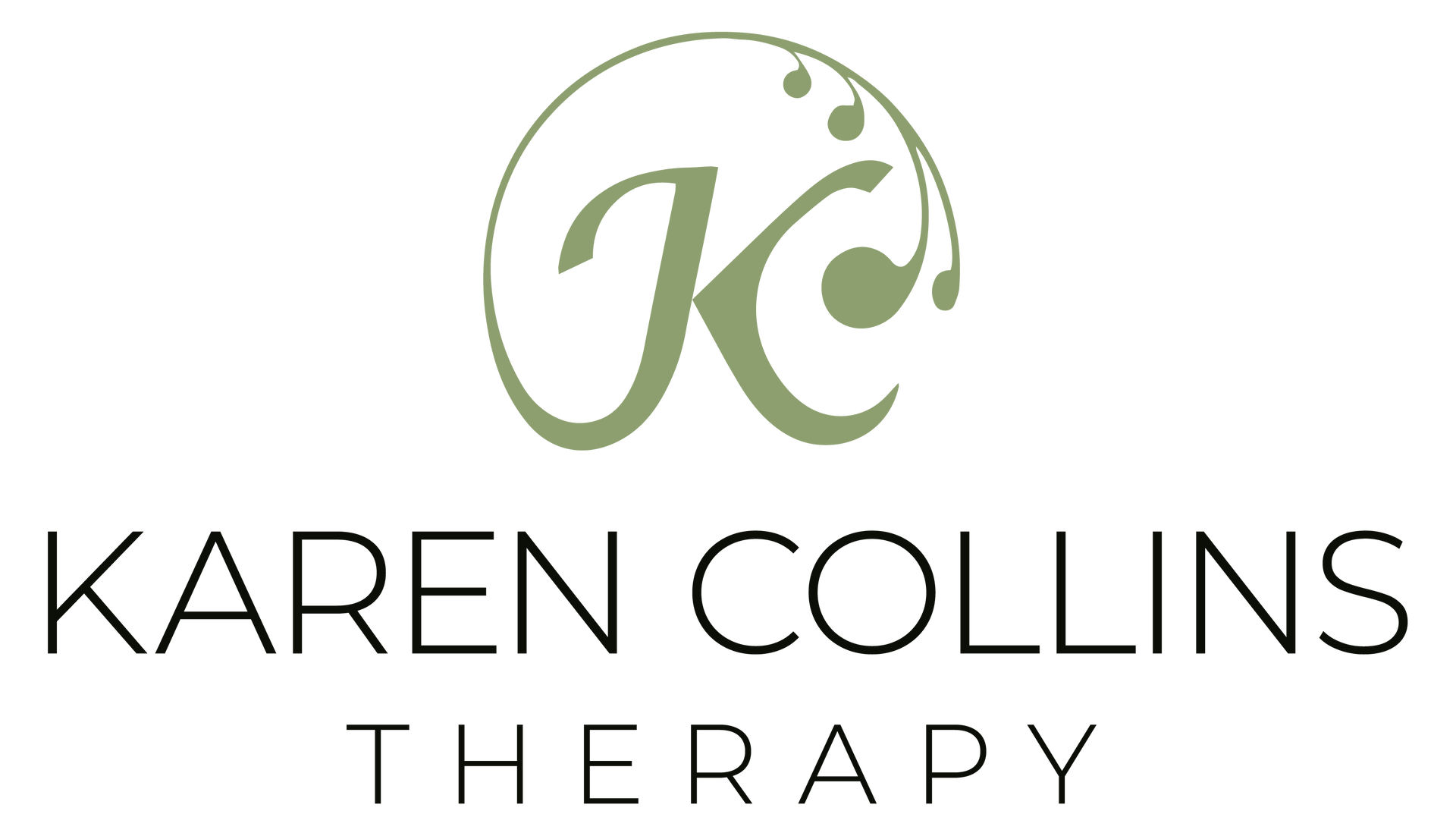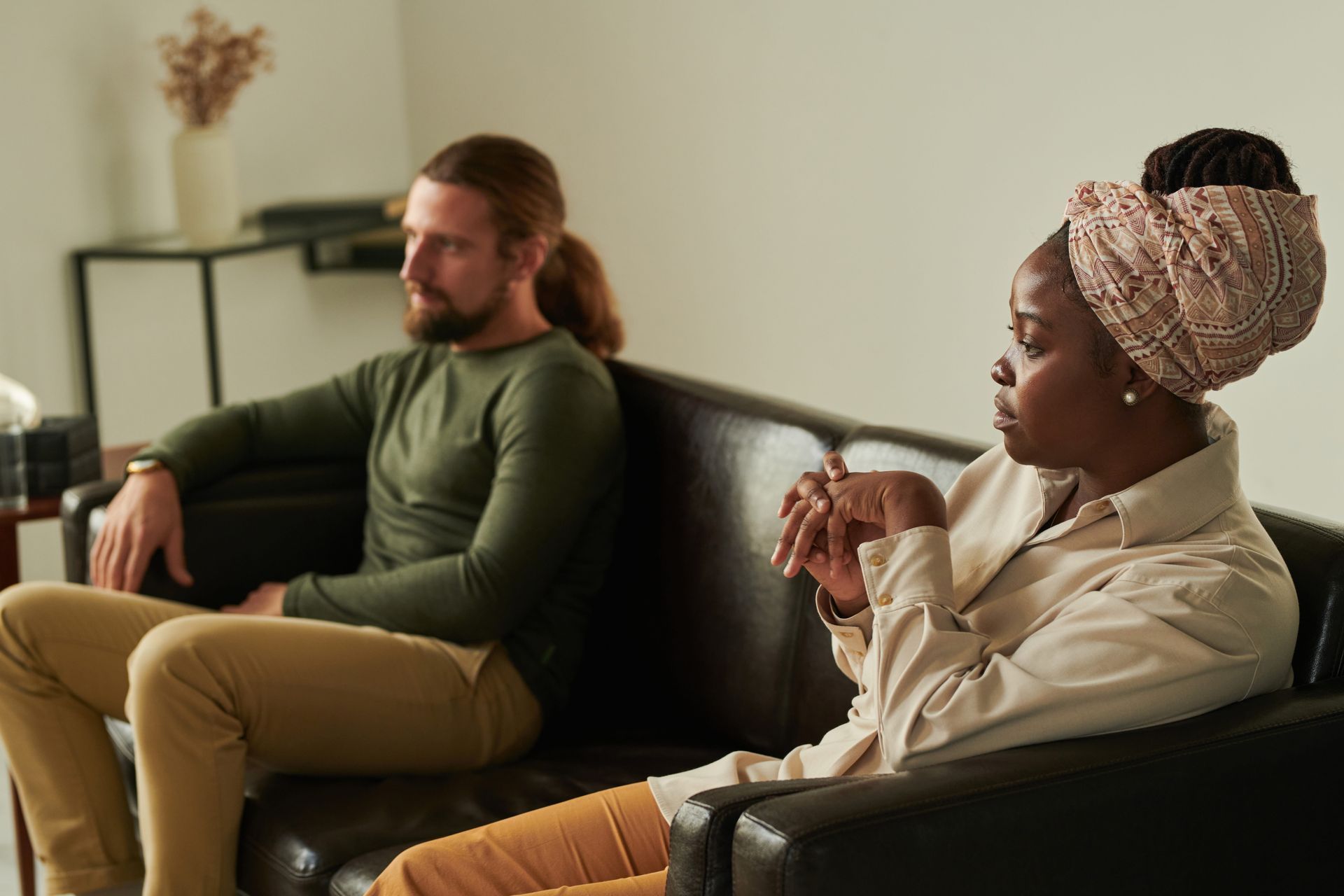How to Find the Right Therapist: A Comprehensive Guide
How to Find the Right Therapist
Finding the right therapist can be a transformative step towards achieving mental and emotional well-being. However, the process can seem daunting due to the myriad of options and the deeply personal nature of therapy.
Here’s a comprehensive guide to help you navigate this journey and find a therapist who is well-matched for your particular set of needs.
1. Understand Your Needs
Before you start your search, it’s essential to understand why you’re seeking therapy. Are you dealing with anxiety, depression, relationship issues, or a major life transition? Therapists have a variety of areas of expertise, so knowing what you need help with can narrow down your options.
2. Types of Therapists and Their Specialties
Therapists come from various professional backgrounds and have different specialties. Here are a few common types:
- Psychiatrists: Medical doctors who can prescribe medication and provide psychotherapy.
- Psychologists: Professionals with a doctoral degree in psychology who provide talk therapy and psychological testing.
- Licensed Clinical Social Workers (LCSWs): Therapists with a master’s degree in social work who provide talk therapy.
- Licensed Professional Counselors (LPCs): Therapists with a master’s degree in counseling who provide talk therapy.
- Marriage and Family Therapists (LMFTs): Therapists with specialized training in relationship and family dynamics.
3. Research Potential Therapists
Once you have a clear understanding of your needs and the type of therapist you’re looking for, you can begin your search.
Here are some effective ways to find potential therapists:
- Ask for Recommendations: Friends, family, and healthcare providers can be valuable sources of referrals.
- Online Directories: Websites like Psychology Today, TherapyDen, and GoodTherapy offer searchable directories of therapists, including their specialties, credentials, and client reviews.
- Insurance Provider Lists: If you have health insurance, check your provider’s list of in-network therapists to manage costs.
4. Consider the Practicalities
Therapy is a commitment, so practical considerations are crucial:
- Location: Choose a therapist whose office is conveniently located, or consider online therapy options if that suits your lifestyle.
- Cost: Therapy can be expensive. Check if the therapist accepts your insurance or offers a sliding scale fee based on your income.
- Availability: Ensure the therapist’s schedule aligns with yours. Some therapists offer evening or weekend appointments, which can be helpful if you have a busy work schedule.
5. Evaluate Credentials and Experience
Look into the therapist’s qualifications, including their education, licensing, and years of experience. Ensure they are licensed to practice in your state and check for any disciplinary actions or complaints filed against them.
6. The First Meeting: A Critical Step
Most therapists offer an initial consultation, often at a reduced rate or even free of charge. Use this session to assess if the therapist is a good fit for you.
Here are some key questions to consider:
- Do you feel comfortable and safe talking to them?
- Do they listen attentively and understand your concerns?
- Do they have experience treating issues similar to yours?
- What is their therapeutic approach (e.g., cognitive-behavioral therapy, psychodynamic therapy)?
7. Trust Your Instincts
Your comfort and trust in your therapist are paramount. If something doesn’t feel right, it’s okay to consider other options. Therapy is a personal journey, and finding the right match can make a significant difference in your progress.
8. Be Open to Change
You might not find the perfect therapist on your first try. It’s important to be open to change if you feel your needs are not being met. Finding the right therapist can take time, but the effort is worth it for your long-term mental health and well-being.
9. Additional Resources
- Support Groups: Sometimes, joining a support group can be a good supplement to individual therapy.
- Books and Online Resources: Educating yourself about your specific issues through books and reputable online resources can enhance your therapy experience.
Conclusion
Finding the right therapist is a personal and often evolving journey. By understanding your needs, researching potential therapists, and evaluating them through initial consultations, you can find a professional who will support and guide you towards better mental health.
Remember, the right therapist is out there, and taking the time to find them is a crucial step towards a healthier and happier you.
Ready to take the first step towards finding the right therapist for you? Visit our Contact Page to get in touch and start your journey to better mental health today!












